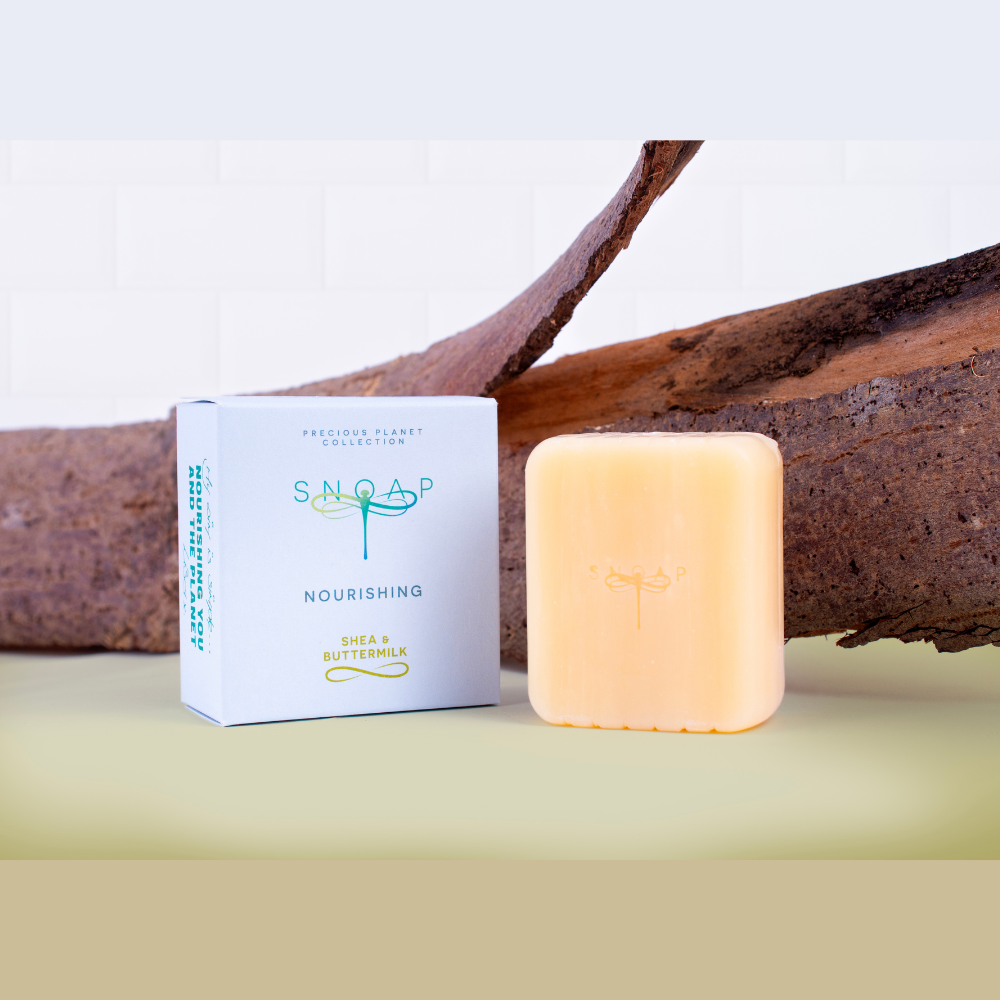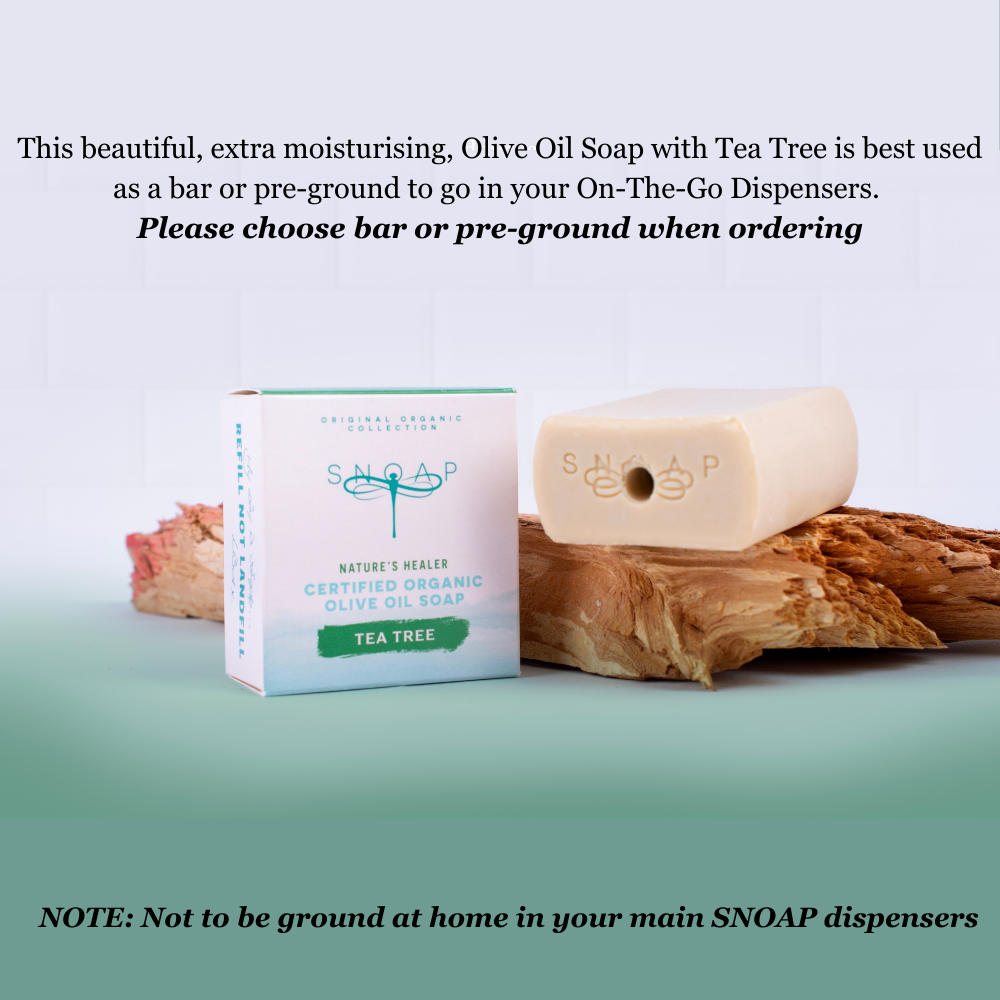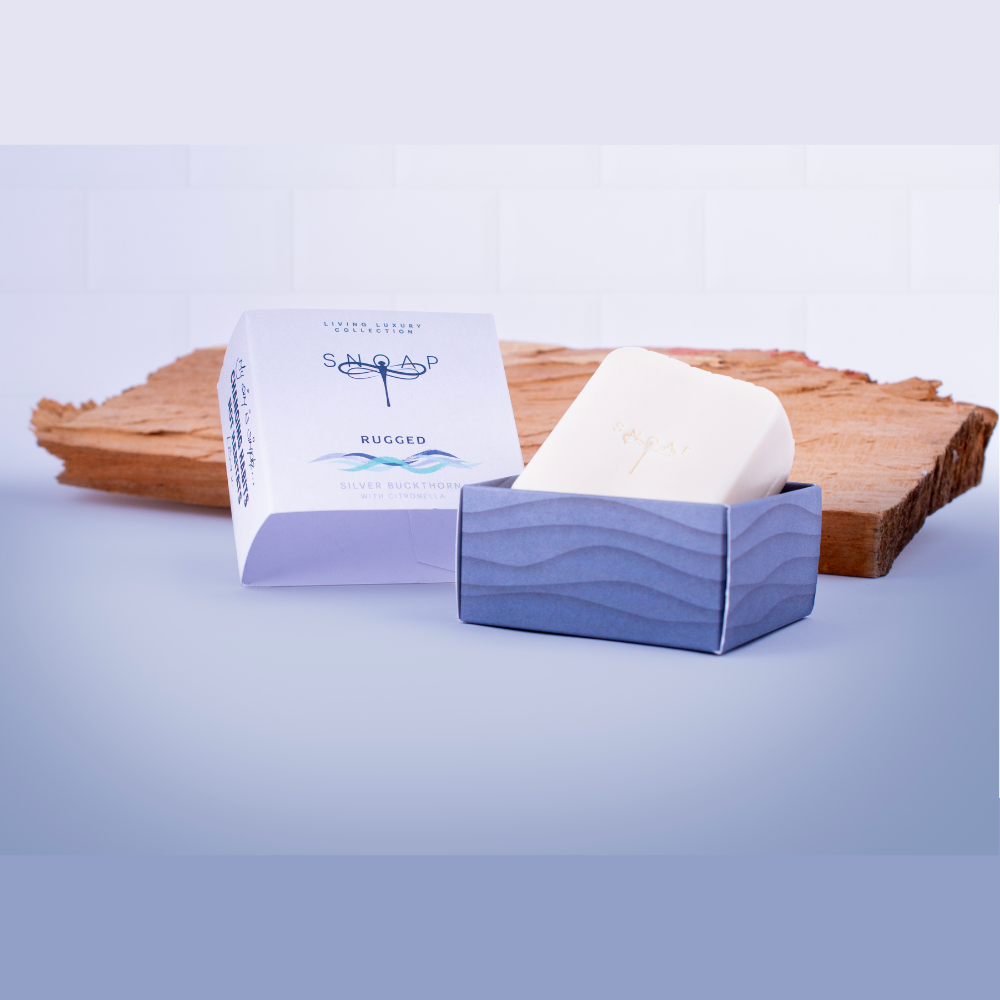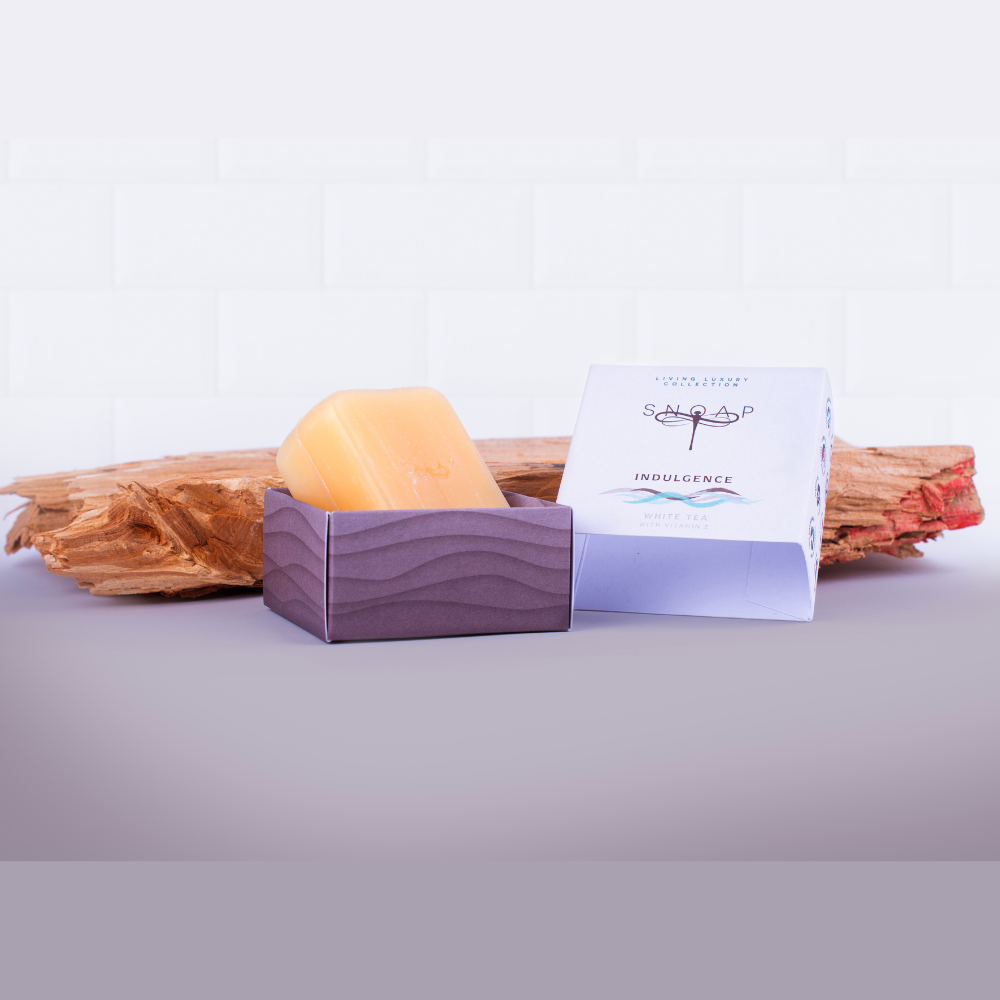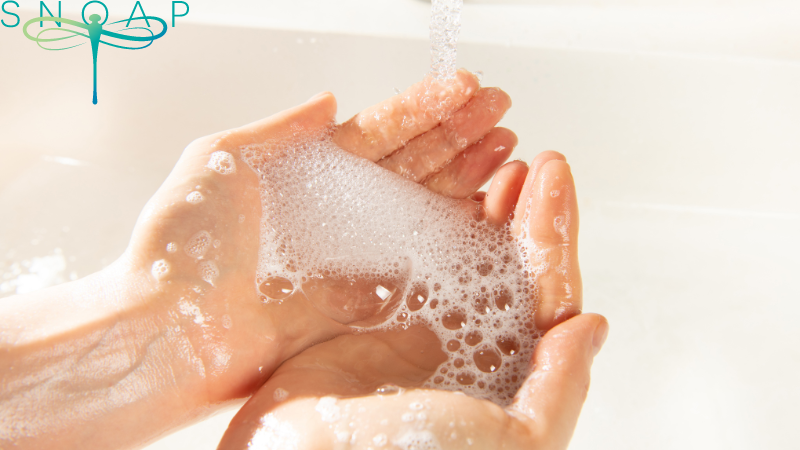Liquid washes, including shampoos, body washes, and facial cleansers, are integral to daily hygiene routines, but they can often cause harm to your skin and hair due to their formulations and the way they interact with your body's natural oils and protective barriers. Here's a comprehensive look at the potential damage:
### Skin Damage
1. Disruption of Skin Barrier:
- Stripping Natural Oils: Many liquid washes contain surfactants like sodium lauryl sulfate (SLS) that are effective at removing dirt and oil but can also strip the skin of its natural lipids. This compromises the skin's barrier function, leading to dryness, irritation, and an increased risk of infection.
- pH Imbalance: The skin's natural pH is slightly acidic (around 4.7 to 5.75). However, many liquid washes have a higher pH, which can disrupt the skin's acid mantle, leading to increased susceptibility to bacteria, fungi, and other pathogens.
2. Chemical Irritation:
- Fragrances and Preservatives: Many liquid washes contain fragrances and preservatives that can irritate the skin, potentially leading to allergic reactions, dermatitis, or eczema, especially in individuals with sensitive skin - we see a rise in these conditions and this could be why.
3. Over-Exfoliation:
- Exfoliants: Some washes contain chemical (e.g., alpha-hydroxy acids) or physical exfoliants (e.g., microbeads) that, if used excessively, can damage the skin barrier, leading to redness, irritation, and increased sensitivity.
### Hair Damage
1. Stripping Natural Oils:
- Just like the skin, hair needs natural oils produced by the scalp for protection and moisture. Many shampoos strip away these oils, leading to dry, brittle hair that is prone to breakage.
2. Scalp Irritation:
- The same chemical irritants that affect the skin can also irritate the scalp, potentially leading to dandruff, dermatitis, and an imbalance in scalp microbiome.
3. Damage to Hair Proteins:
- Some ingredients in liquid washes can react with the proteins in hair, weakening the hair structure. This can make hair more susceptible to damage from brushing, heat styling, and environmental factors.
4. Silicone Buildup:
- Many shampoos and conditioners use silicones to make hair feel smooth and appear shiny. However, silicones can build up over time, weighing hair down and requiring harsh shampoos to remove, further damaging the hair.
### Recommendations for Mitigation
- Gentle Formulations: Look for products specifically designed for sensitive skin or those labeled as "sulfate-free". These products tend to have gentler surfactants and a pH closer to that of the skin.
- Moisturizing Ingredients: Choose products with added moisturizers like glycerin, hyaluronic acid, or natural oils to help maintain hydration.
- Limit Wash Frequency: Over-washing can exacerbate skin and hair issues, so it may be beneficial to reduce the frequency of washes.
- Patch Testing: Before using a new product extensively, perform a patch test to check for any adverse reactions.
- Professional Advice: For persistent issues, consulting a dermatologist or trichologist can provide personalized recommendations based on your specific conditions.
In conclusion, while washing is essential for cleanliness, there is a convenient alternative to liquid. SNOAP gives all the convenience of a liquid - it comes in a dispenser, no slimy bar on the sink, hygienic dosage etc. plus it gives all the benefits of a good quality, naturally moisturising soap - no SLS stripping your skin and hair, no detergent going into our waterways, no single-use plastic, just nourished skin and hair.
Until the next time,


